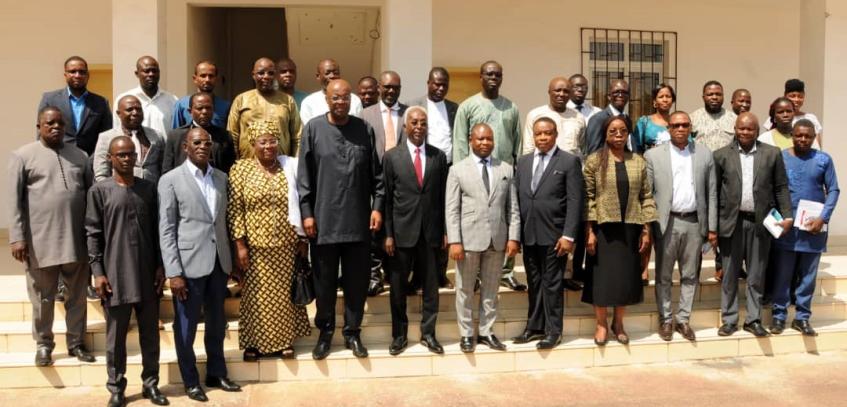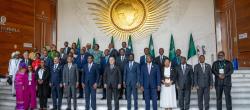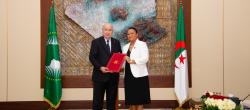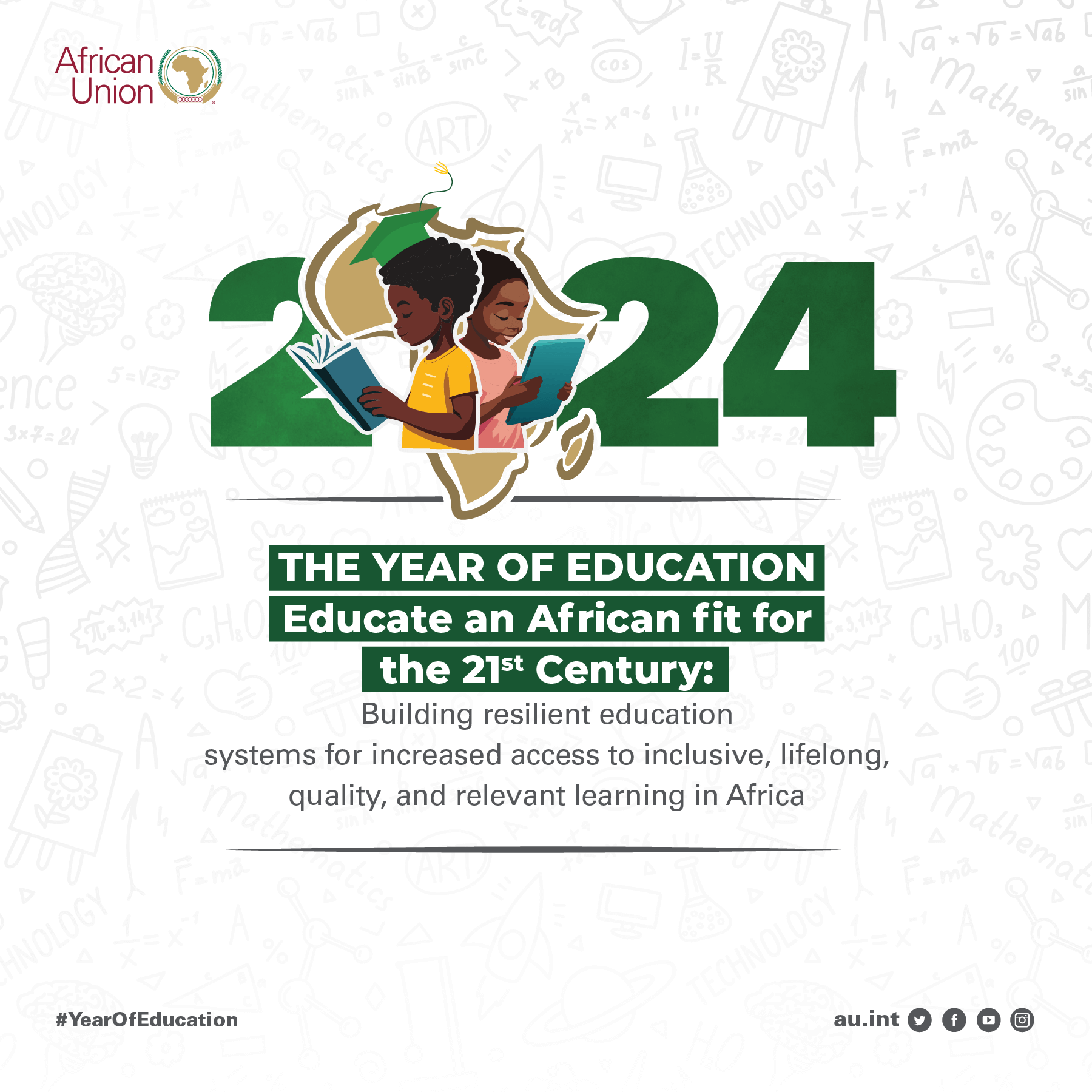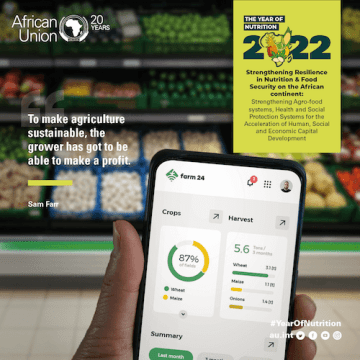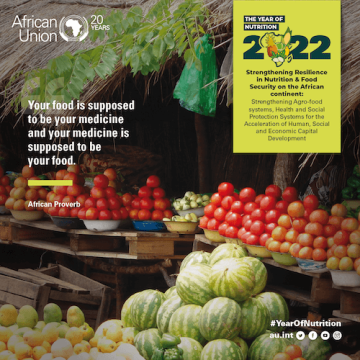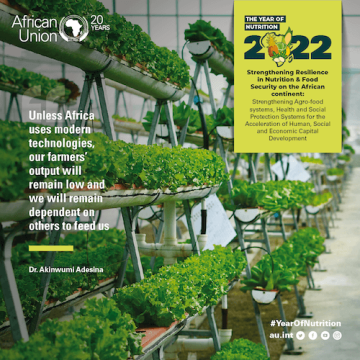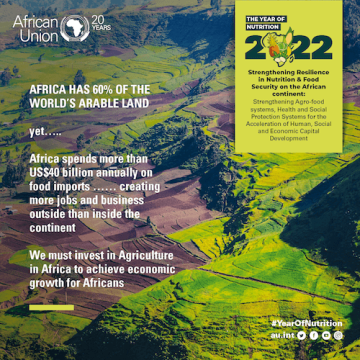Lomé, 1st December 2023 – The Government of Togo and the African Peer Review Mechanism (APRM) proceeded to the official launch of the Targeted Review Mission to Togo on "Urban Resilience: Disasters, Risks and Adaptation Measures". The APRM delegation was led by Amb. Ahmed Araita ALI, representing Dr. ALI Abdel Rhamane Haggar, Lead APR Panel Member for Togo, who was accompanied by Prof. Eddy Maloka, Chief Executive Officer (CEO) of the APRM Continental Secretariat, Dr. Valery Yao, Country Coordinator of Togo, Mr. Hassan Mahamat, Researcher and Ms. Arlette Yemek, Personal Assistant to the CEO.
The launch builds on a Support Mission to Lomé, undertaken by APRM from 3 to 4 October 2023 to assess Togo’s preparedness to undergo a Targeted Review on Urban Resilience. During the mission, the APRM delegation was received in audience by HE Prof. Robert Dussey, Minister of Foreign Affairs, Regional Integration and Togolese Abroad of Togo. On the margins of the mission, a broad-based sensitisation ahead of the Targeted review mission gathered experts on disaster risk reduction (DRR) from different ministries, departments and agencies (MDAs) as well as civil society organisations (CSOs). The mission concluded that the frequency and magnitude of disasters pose serious threats to the populations. The Targeted review would present an opportunity to independently assess the effectiveness of the existing national and local mechanisms put in place to prevent and manage risks and disasters. The findings would also inform decision making. Accordingly, the Focal Point reassured the APRM delegation of the commitment of HE Faure Essozimna Gnassingbé and the Government of Togo to the Mechanism. Hence, the approval of the Targeted review mission on Urban resilience: disasters, risks and mitigation measures.
In his welcome remarks, Mr Victor Womitso, Chairperson the National Governing Council (NGC), expressed his gratitude to the Minister of Foreign Affairs and Focal Point, for his consistent support provided to the Commission in discharging its mandate.
In his statement, Prof Eddy Maloka, CEO of the APRM Continental Secretariat, thanked His Excellency Faure Essozimna Gnassingbé, President of the Republic, and his government, for their strong commitment to the APRM since Togo’s accession to the Mechanism. According to the CEO, APRM is appreciative of the strong political will which has led to the conduct of the Targeted review. He indicated that disastrous events across the continent and the world pose the fundamental issue of the efficacy of both the established local and national preventive measures and those taken to protect and ensure the livelihood of the victims in the aftermath of disasters.
The CEO further underscored that in the context of the governance dimension, state resilience and preparedness refer to the readiness of the political leadership and public institutions to mobilise, organise, coordinate and manage disasters within the framework of public-private partnerships and international cooperation. Thus, an adequate level of preparedness implies dynamic responsive systems at the intersection of societies, ecosystems, natural hazards, regional and global risks. He concluded that Togo’s request to submit to constructive criticism by its peers testifies to the value attached to guaranteeing a healthy and conducive environment for its population.
As the Lead Panel Member for Togo, Ambassador Ali Ahmed Araita Ali expressed his heartfelt gratitude to the Government of Togo, not only for their hospitality but also for the focus of the Targeted review and the unique mobilisation of state and non-state actors to support the review process. According to the Lead Panel member, urban resilience is a topical issue and deserves in-depth reflection, especially as the continent undergoes a massive and profound demographic transition. Like other continents, Africa’s population is projected to be highly concentrated in urban centers in the next decades. This unprecedented urbanisation is arguably the most significant transformation that African countries will experience this century, and this presents challenges and opportunities, including the rise of urban disaster risk. Addressing this disaster risk implies sound policy decisions to ensure safety, especially for the most vulnerable populations in these megacities. As former Ambassador for Djibouti, the Panel member shared Japan’s experience, one of the most disaster-prone countries, but internationally praised for its unparalleled level of preparedness.
Representing the Focal Point, Mr Afo Salifou, Secretary-General to the Minister of Foreign Affairs, thanked APRM for the invaluable support always provided to Togo in its quest for good governance at all levels. He indicated that protection against all forms of risks, including those related to natural and man-made disasters and climate change, has become one of the most pressing issues of our times. In support of the Panel member, Mr Afo Salifou said that the 5th General Population and housing census reveals a high concentration of the population in urban areas in Togo, with Greater Lomé alone accounting for a large proportion of the population. The Government of Togo has a key interest in the current Targeted review as it is positioned within the implementation of the government roadmap 2025 which provides in its axis 3 ‘the strengthening of structures for anticipating of possible crises’.
For more information please contact:
Dr Rachel Mukamunana, Ag Director of Country Review and Assessment, Dr Valery Yao Yao, Country Coordinator of Togo , valery.yaoyao@aprm-au.org

